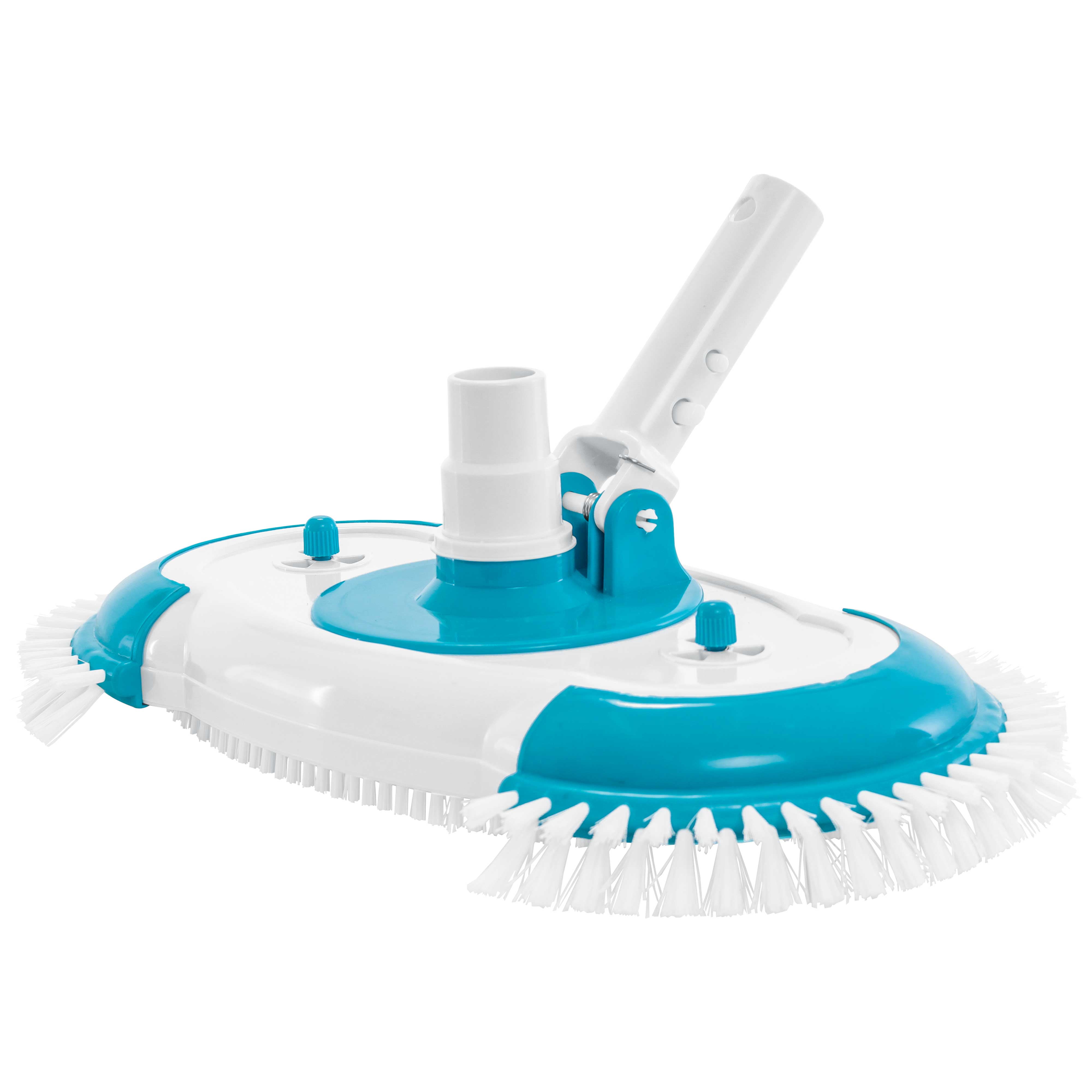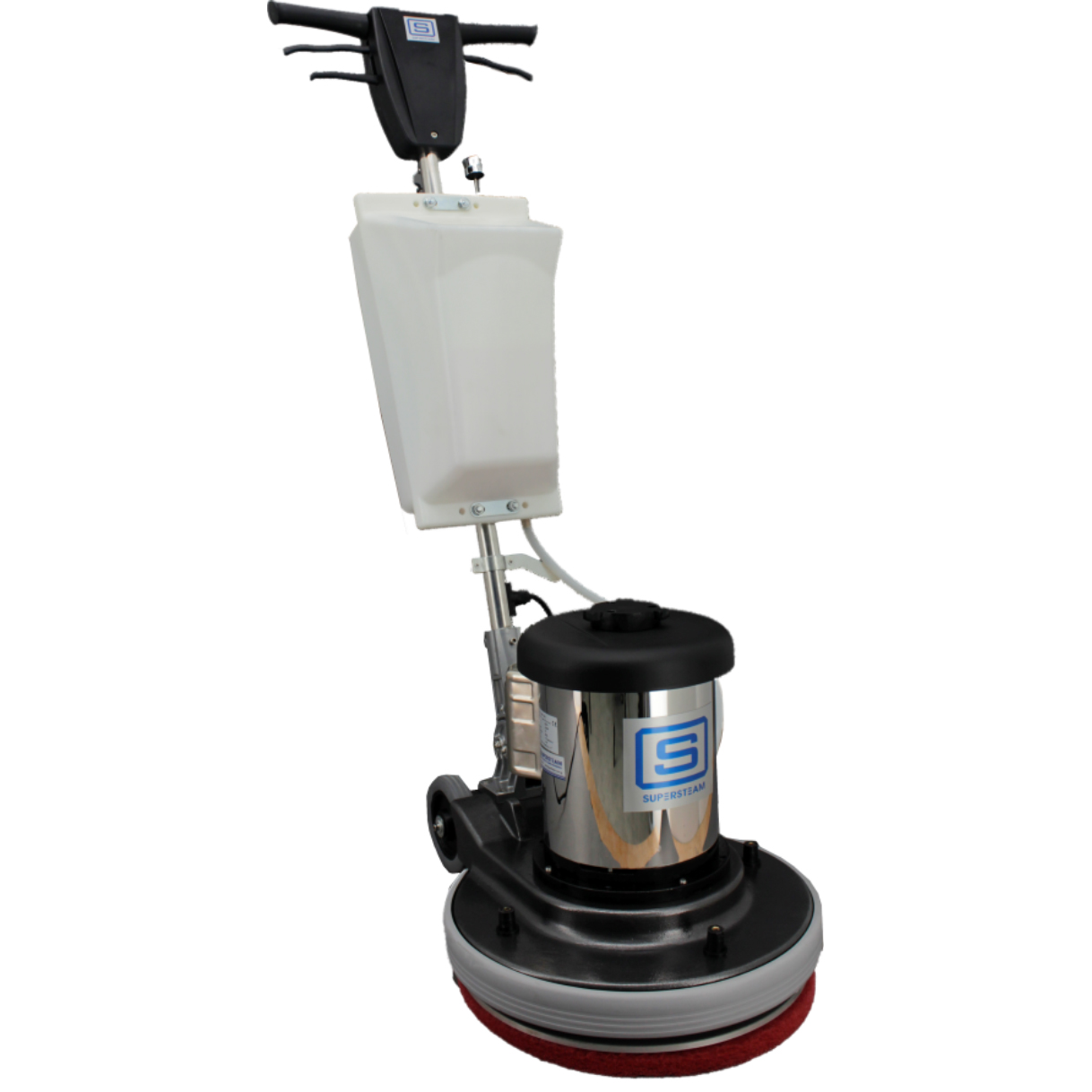
Only one of the two states is possible, and since both are consistent, there’s no need for a fsck tool.ĭata loss is not always caused by power failures – hardware errors can occur too. So, in case of pulling the plug, the pointers will point to the old data or the new data. This operation is done atomically – either the pointer is modified, or it isn’t. After that, the file system “pointers” that point to the old data are modified to point to the new data.
#OPENZFS SCRUB ALL POOLS FREE#
When the file system needs to write something to the disk, it never overwrites parts of the disk that are being used instead, it uses a free area of the disk. How does ZFS achieve that? Well, thanks to COW (Copy On Write) and transactional behaviour. ZFS never will be inconsistent, so it doesn’t need a journal (and it gains a bit of performance thanks to that). This is not journaling – a journaling file system can and will leave the file system structure in an inconsistent state, but it keeps a journal of operations that allows you to repair the file system inconsistency. It doesn’t matter when you pull the plug of your computer ZFS guarantees that the file system structure will always be valid. It is designed to always have a valid on-disk structure.


ZFS doesn’t need a fsck tool because of the way it works. The author of the article analyzes the implications of not having a fsck tool and tries to explain why he thinks Sun will add one at some point. After a few years of ZFS life, can we say it was the correct decision? The reports in the mailing list are a good indicator of what happens in the real world, and it appears that once again, reality beats theory. Replication, self-healing and scrubbing are a much better alternative. Generally speaking, it's a good idea to run this periodically (every few weeks is a reasonable cadence).One of the advantages of ZFS is that it doesn’t need a fsck. It will report any errors in the zpool status screen that you posted. Yes, zpool scrub reads through all data on the disk and validates it against checksums in the block pointers. So I would recommend that you regularly check the disk for signs of corruption (using the command below) to make sure that doesn't happen, and replace it if you start seeing worse error rates. Let's call the disk with errors "A" and the mirror without errors "B" - the only downside of waiting to replace A is that if B fails first, and A has been quietly corrupting data for a little while, then you will end up losing that data when B dies. Please note that I am just a beginner in Linux and ZFS and implemented my ZFS pool by reading help online.Ĭan someone please help me figure out what should be my next steps?ĭisk read errors are a sign of possible impending hardware problems, but since you have the data mirrored to another drive it should be ok to clear the errors and wait for the drive to fail more completely before replacing it. Are there any commands to check integrity of the disk using ZFS partition?.does this mean the disk is okay now and I can just clear the errors or just because there were errors, I should replace disks?.I ran scrub command and found that ZFS scrubbed the data but did not find anything to resilver. The disk is less than 1 year old and is a WD Red NAS HDD. Using 'zpool clear' or replace the device with 'zpool replace'. Applications are unaffected.Īction: Determine if the device needs to be replaced, and clear the errors

Status: One or more devices has experienced an unrecoverable error.

I found yesterday that one of the disk failed and my pool is now zpool status It now hosts Plex media server with movies and photos collection. All the disks are connected via SATA cables on a secondary controller that I bought. I have a ZFS pool with 4 disks on Ubuntu (zfsonlinx).


 0 kommentar(er)
0 kommentar(er)
